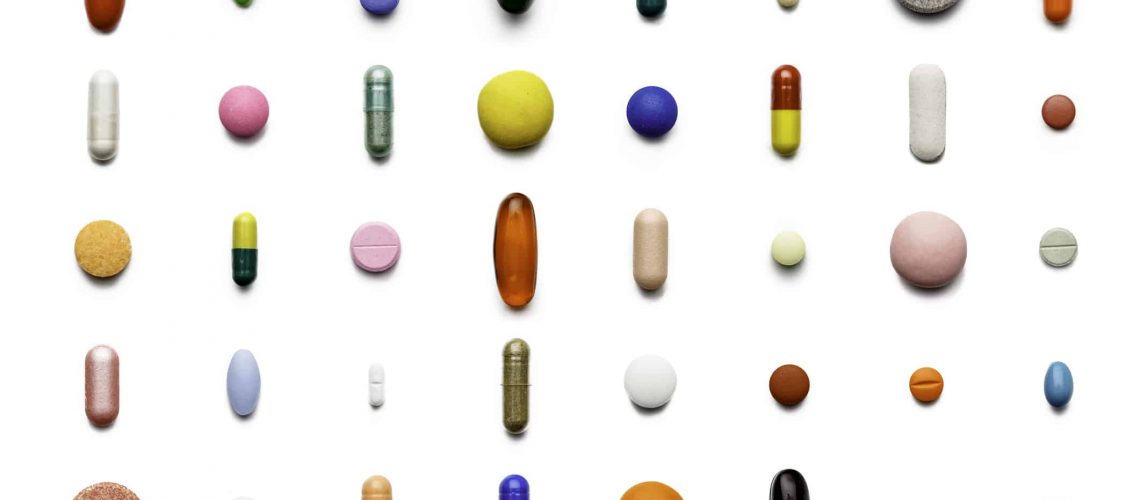Statins are the most prescribed drugs in the UK, and little wonder when, if taken correctly, they can be associated with a 50% reduction in the risk of heart attack or stroke over a patient’s lifetime. Like many other cardiovascular drugs, this medication should be taken for life, but studies have shown that only about 40% of patients still take their statin two years after the initial prescription, even after admission to hospital with a diagnosis of heart disease. One study found that participants were even “willing to trade a mean of 12.3 weeks off the end of their life to avoid taking a daily pill”, and 9% said that they would risk a 10% chance of death rather than take a daily tablet. This really does beg the question – why don’t we like taking pills?
The answer is not straightforward. One of the issues relating to drugs for the cardiovascular system, particularly those prescribed for conditions such as high cholesterol or high blood pressure which do not necessarily cause symptoms, is that the patient may not feel any particular benefit from taking them. Unlike a painkiller which has a fairly immediate positive effect, for a patient there is no tangible benefit to a statin or a blood pressure pill other than the heart attack or stroke they have not had as a consequence of continuing the therapy.
The psychology behind non-adherence to medication can also run a little deeper. Psychological studies have suggested that we are far more sensitive to the possibility that a negative event may befall us than the actual probability of it occurring; if we extrapolate this to pill-taking, it means that the thought that we might have a negative response to a medication might weigh more heavily in our minds than the statistics which tell us about the true likelihood of this happening.
For example, it is estimated that only 5-10% of patients might experience side-effects with statins and so the risk for the individual patient is actually very low, but negative press about muscle aches and other potential side-effects has led many patients to believe that such problems may be a necessary evil to be endured for the benefit of lower cholesterol. Such sentiments may be further compounded by the inserts in medication boxes which list a whole host of potential side-effects, from the very common (where more than 1 in 10 patients are likely to be affected) to the very rare (less than 1 in 10,000) – on seeing such lists many people decide that however low the risk, they do not want to risk being the 1.
When it comes to prescribing medication, doctors can only make recommendations to patients and it is ultimately for the individual to decide whether or not to follow their advice. It is worth remembering though that doctors are actually just trying to help patients rather than inflict side-effects upon them, and much of the time it is best to take any medication-related sensationalisation in the press with a large pinch of salt – or for those of you watching your blood pressure, perhaps a pinch of pepper!
